Plans falter for West Coast coal terminals |
|||||||||||||||||||
| 161207.obot_compliant_press_response_statement.pdf | |
| File Size: | 113 kb |
| File Type: | |
| 161207.d.e._6_complaint_-_n.d._cal._16-cv-07014_dckt_000006_000_filed_2016-12-07.pdf | |
| File Size: | 338 kb |
| File Type: | |
| 161207.oab_meet_and_confer.draft.final.pdf | |
| File Size: | 711 kb |
| File Type: | |
Gene Hazzard
Don't Be Envious of Evil Men
1Do not be envious of evil men, Nor desire to be with them; 2For their minds devise violence, And their lips talk of trouble.…
Archives
June 2024
May 2024
April 2024
March 2024
February 2024
September 2023
August 2023
July 2023
June 2023
February 2023
December 2022
October 2022
May 2022
March 2022
January 2022
November 2021
October 2021
September 2021
August 2021
July 2021
June 2021
May 2021
April 2021
September 2020
August 2020
July 2020
May 2020
March 2020
February 2020
December 2019
November 2019
October 2019
September 2019
August 2019
July 2019
June 2019
May 2019
April 2019
March 2019
February 2019
November 2018
September 2018
August 2018
July 2018
May 2018
April 2018
March 2018
February 2018
January 2018
December 2017
November 2017
October 2017
September 2017
July 2017
June 2017
May 2017
April 2017
February 2017
January 2017
December 2016
November 2016
October 2016
September 2016
August 2016
June 2016
May 2016
April 2016
March 2016
February 2016
January 2016
December 2015
November 2015
October 2015
September 2015
August 2015
July 2015
June 2015
March 2015
October 2014
September 2014
July 2014
June 2014
April 2014
March 2014
Categories
All
AMB
Army Base
City Of Oakland
Coal
Dan Siegel
Garage
Gene Hazzard
Grant
Hamid Moghadam
Kaplan
Oakland
Phil Tagami
Prologis
Public Ethics Commission
Rebecca Kaplan
Redevelopment Agency
Rotunda
Tiger
Wharf
WOSP
Zhao Liang
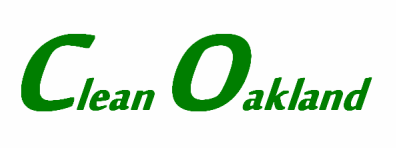
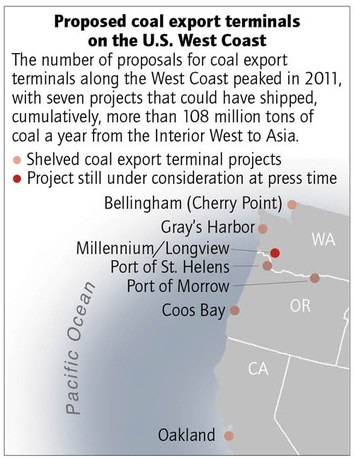
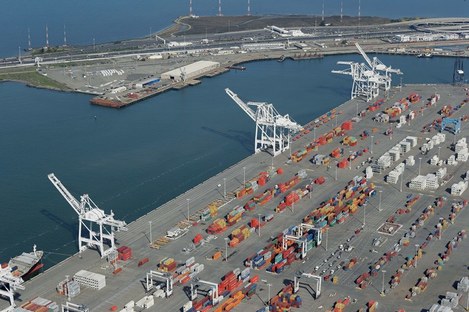
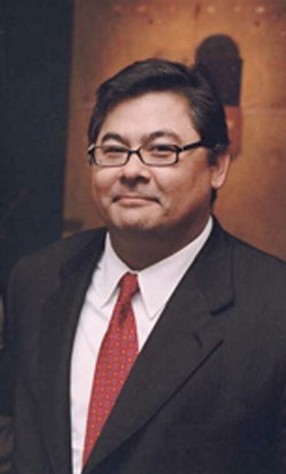
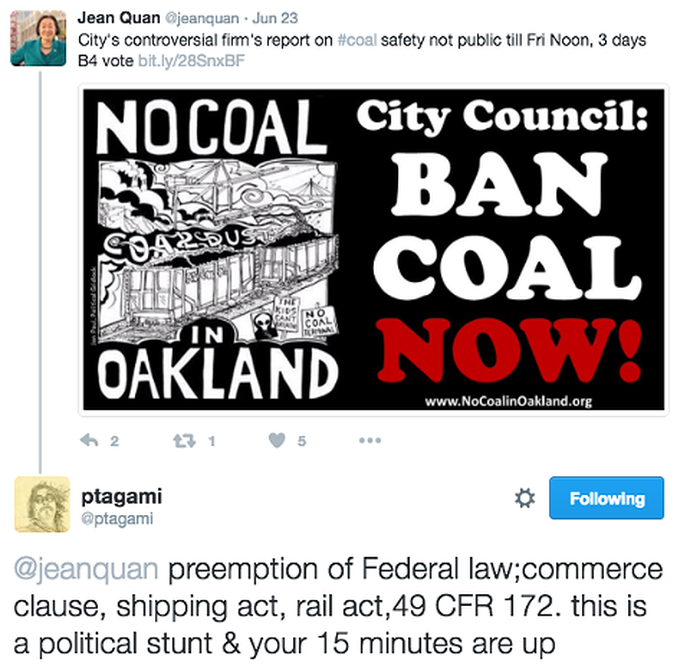
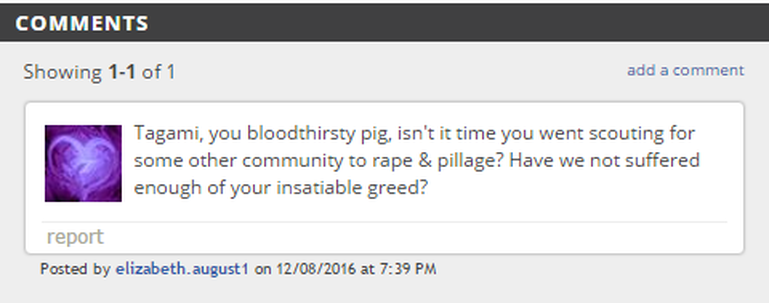
 RSS Feed
RSS Feed
